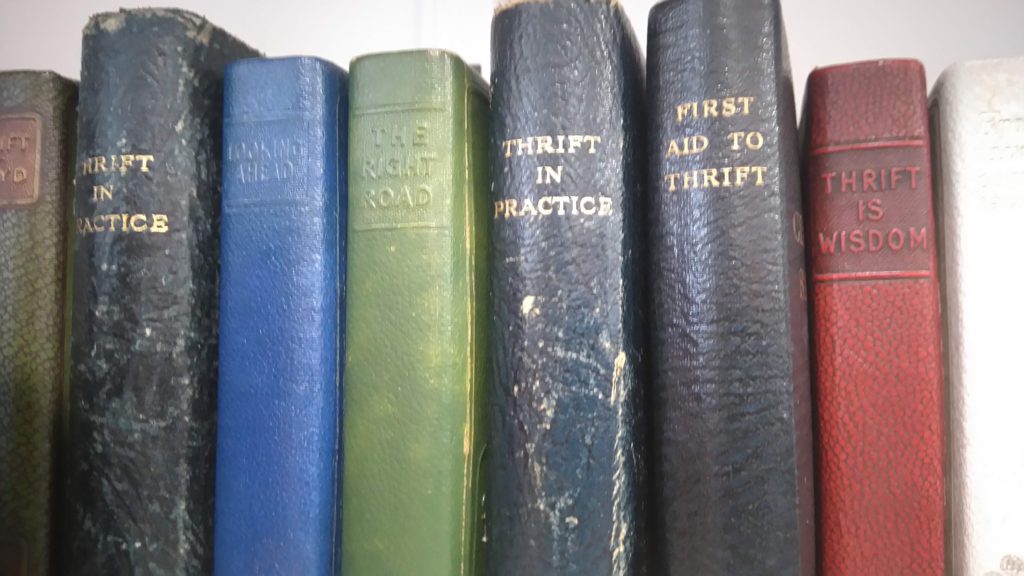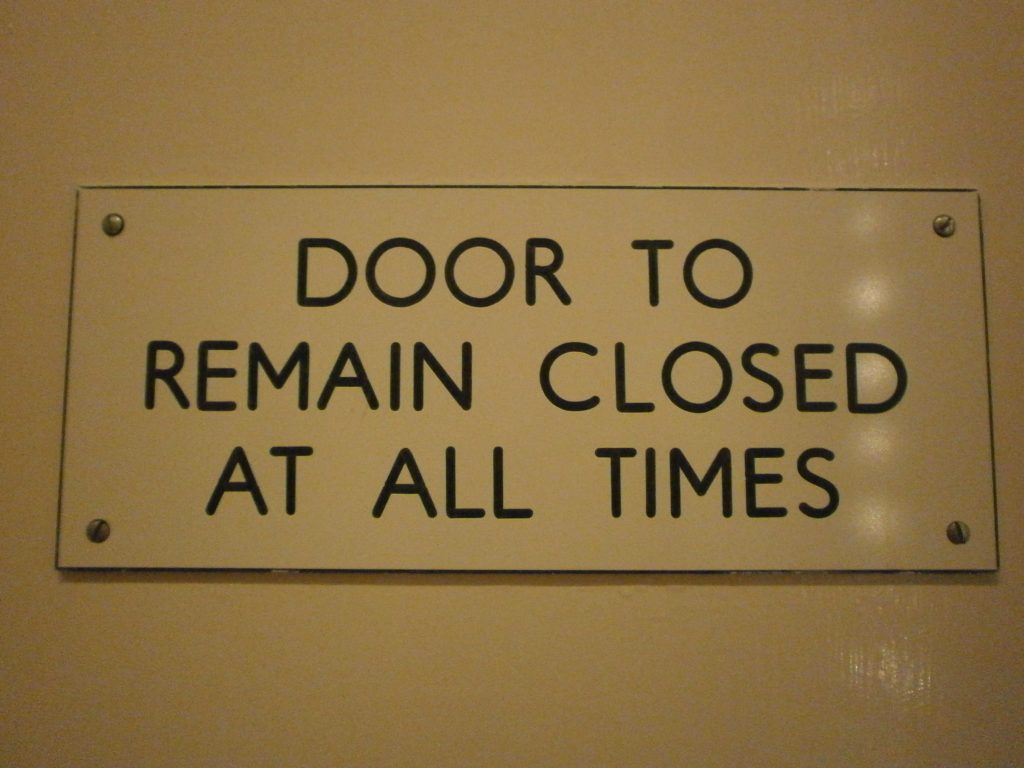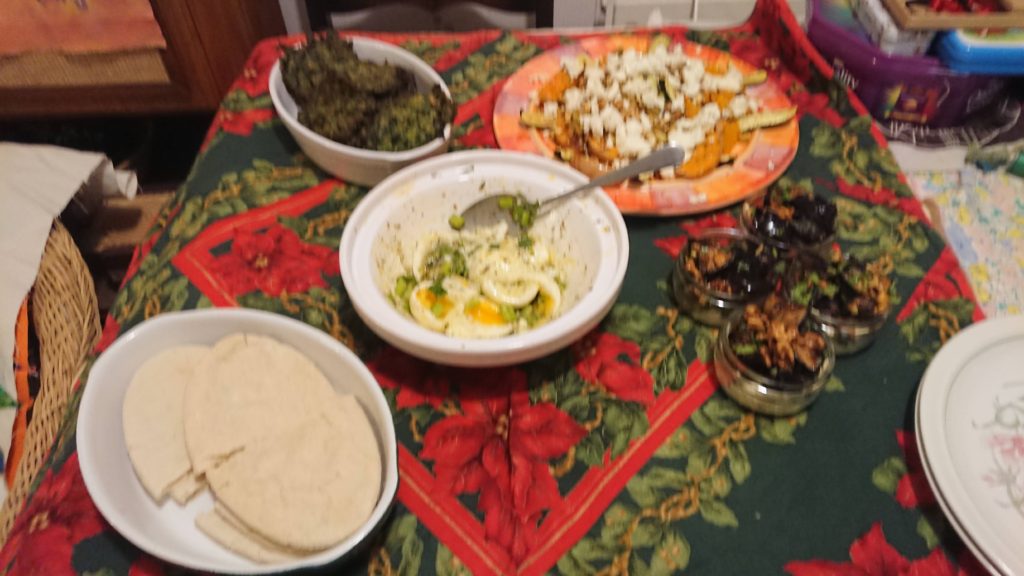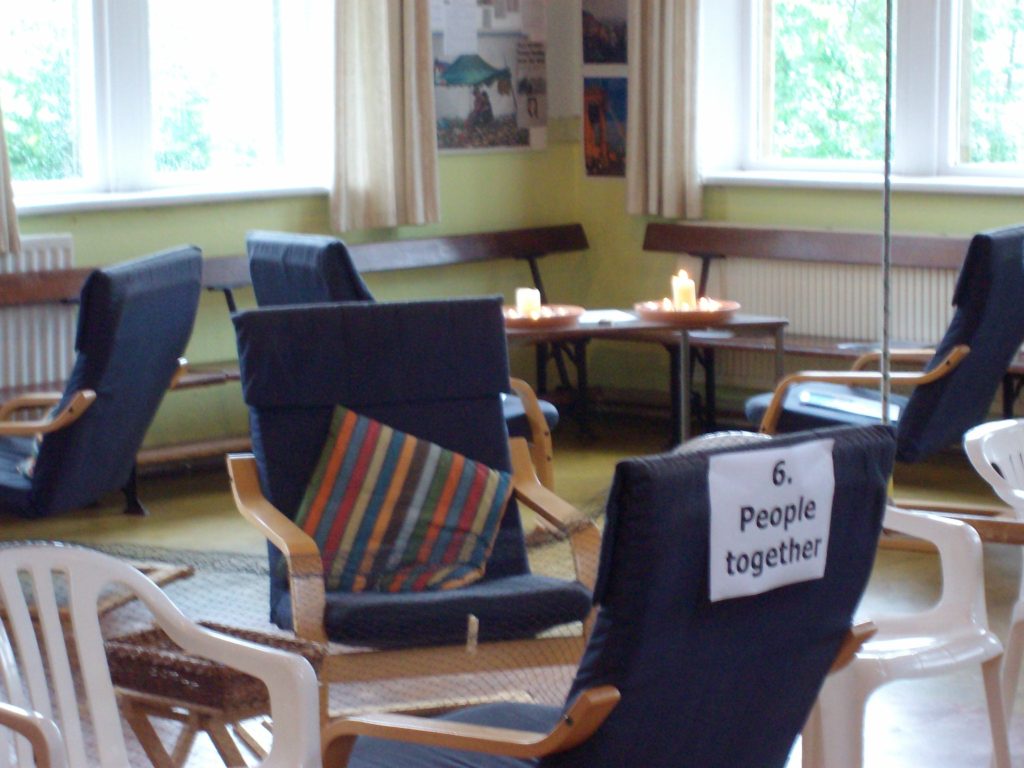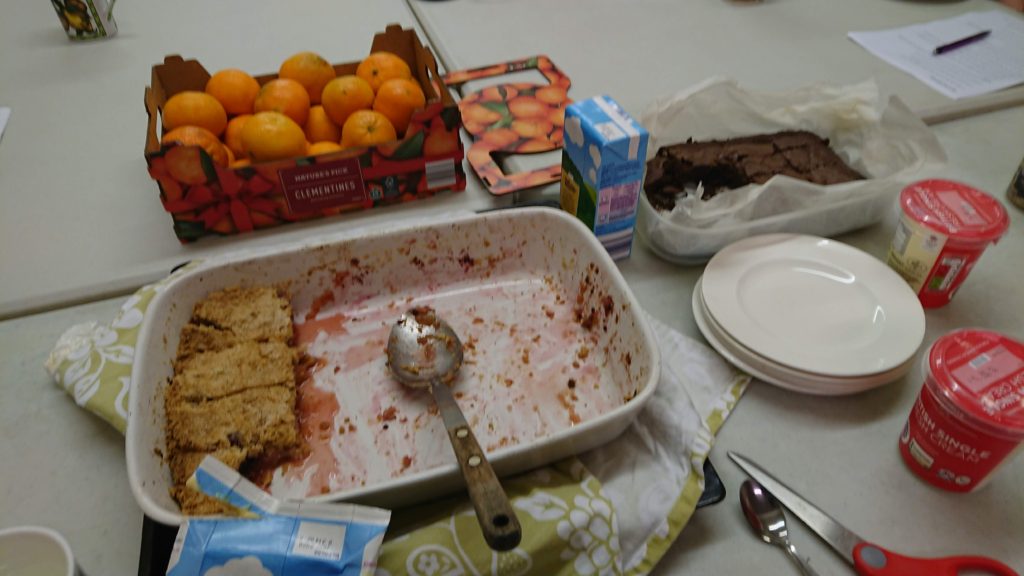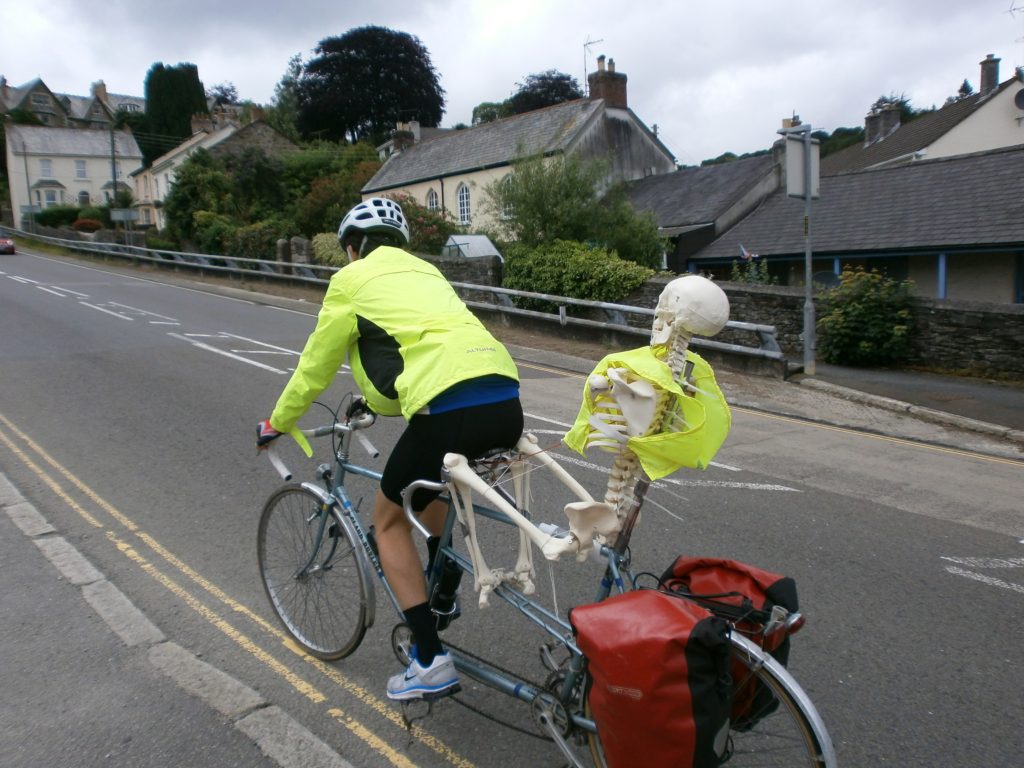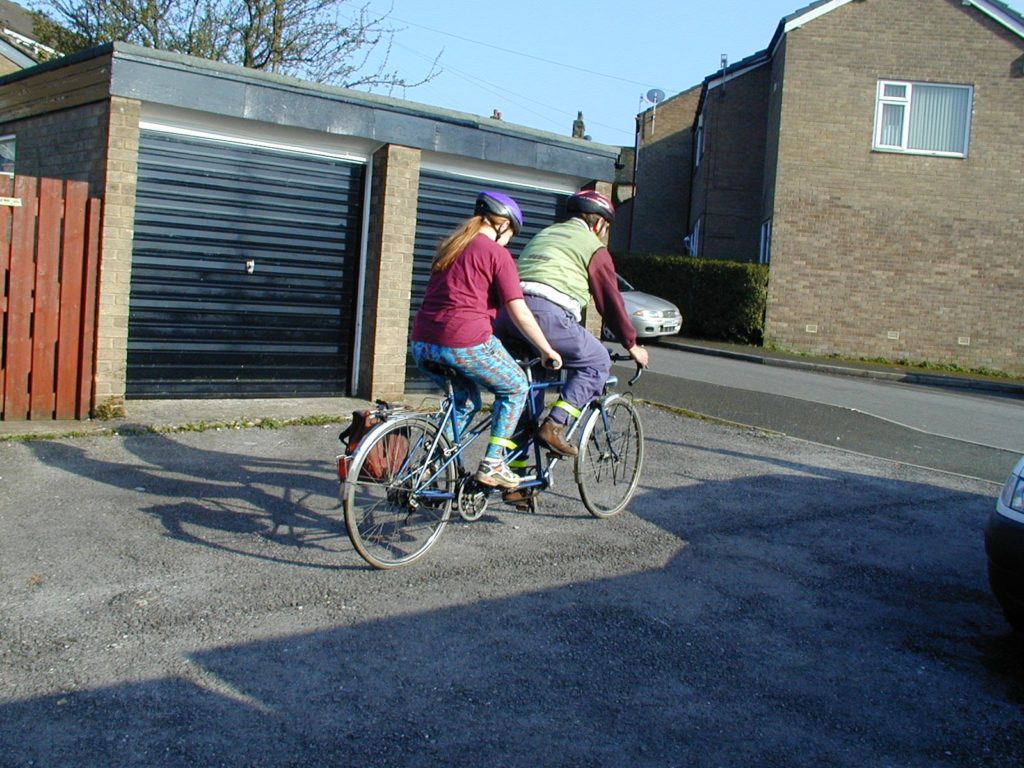Dear Benedict,
Chapter 48 is one in which you give a detailed account of the sort of daily labour generally expected in community. Once again you are thorough with hours marked out for all to understand. From bringing in their own harvest to quiet reading, everything is covered. Perhaps detail was important for this experiment in communal living.
Now nearly a year after the first COVID19 Lockdown in England, Lockdown fatigue is a real thing. It’s hard to maintain a timetable after all this time, even with a lot of encouragement. Emotions may be running high or low, apathy or anger may emerge in response to injustice. I always thought the third lockdown would be harder, due to the knock on effects of the previous two as well as seasonal factors and the looming anniversary.
Even so, we can become too obsessed with timetables and continued lockdown does give us some opportunities to see the way our time is often colonised by unnecessary activities as well. In pre-lockdown times it appeared too challenging to rein in the proliferation of meetings. Some role expectations ramped up and up. Leisure became a competitive industry.
In these days, simple things can help us reset ourselves: bake a loaf or a cake if possible, take a short walk, listen to some music.

We are more than our work and life is not meant to be all work. Inequality plays a big part and survival might depend on it amongst the poorest. This week we’ve seen once again how inequality is promoted as a means of social control. This is directly contrary to your Rule, which was meant to ensure equal participation and responsibility.
Whilst it may seem harsh that those who neglect their duties, whether manual labour or reading time, should be punished it was consistent with your earlier sections and at the time added up to an honest attempt to create a harmonious whole. What of us now? It’s not just Lockdown that has put work and play out of kilter but it may give us opportunity to review and amend it. One things for sure, we desperately need to undo the bad work that inequality is contributing to communal distress. A leadership that lies and cheats is not going to create fairness and harmony, only more resentment and fear. In the last line of chapter 48 you have words we really need to hear. As for the sick or weak, the leadership ‘must take their infirmities into account’.
From the remembered bible: There is a time to work and a time to play.
In my apathy or anger, take me fairly into account.
From a Friend on Scholastica and a Member of the Lay Community of St Benedict.

